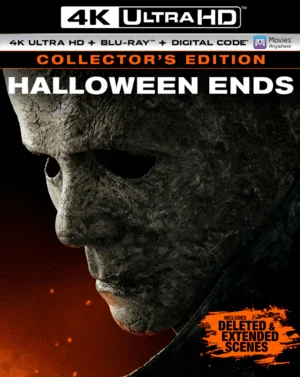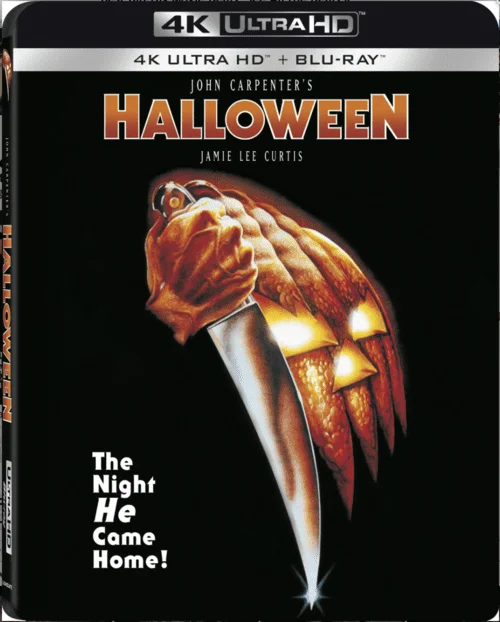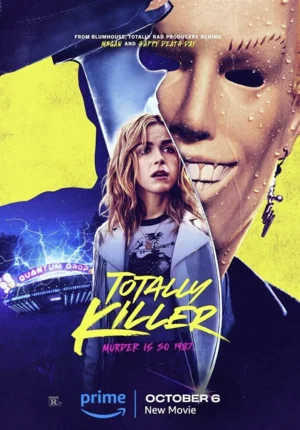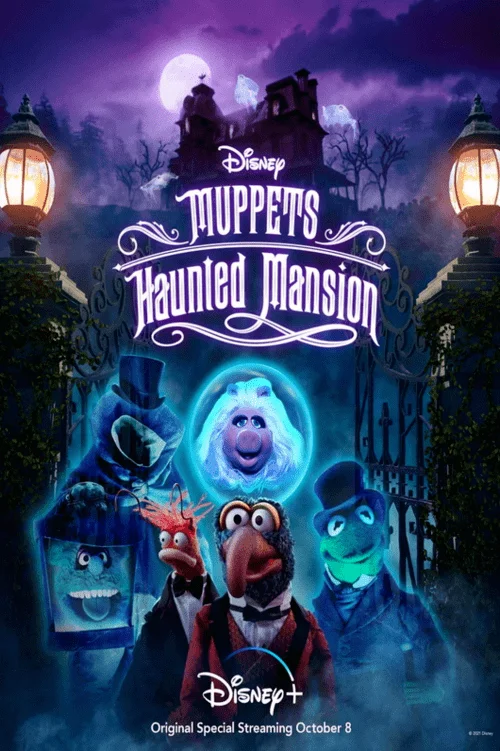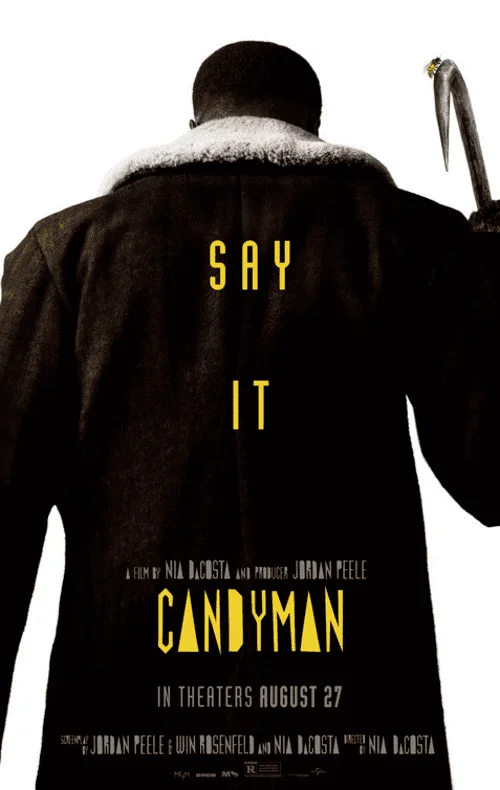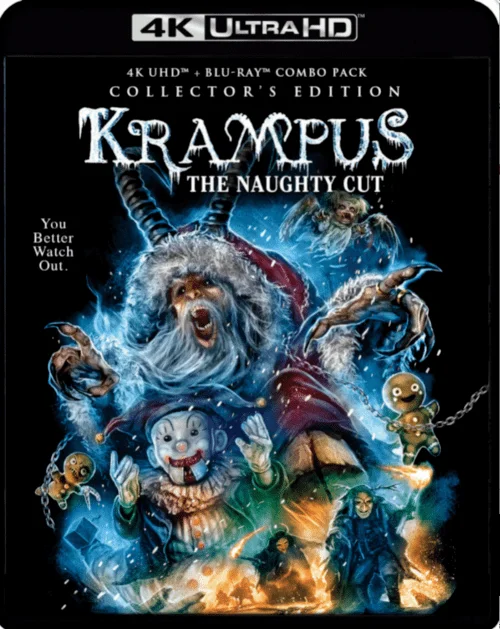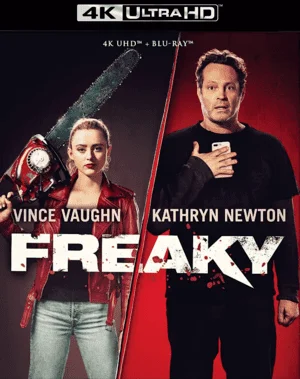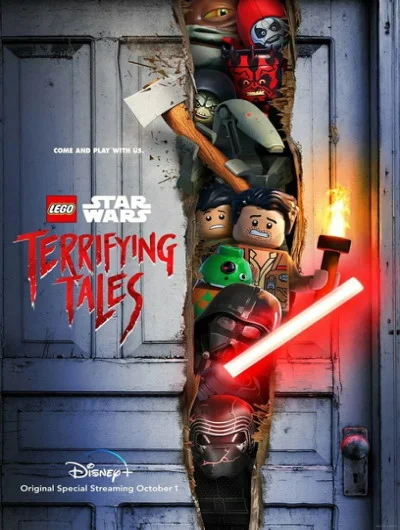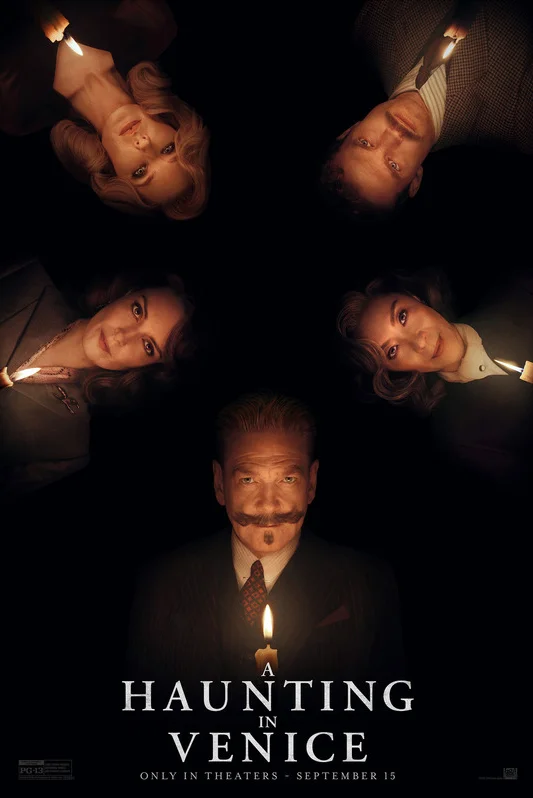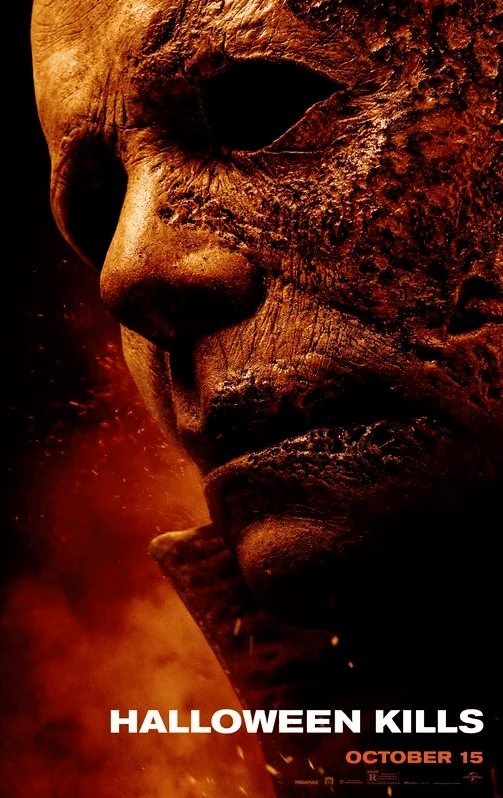
Halloween Kills 4K 2021 EXTENDED Ultra HD 2160p
Cast: Jamie Lee Curtis, Judy Greer, Andi Matichak, James Jude Courtney, Nick Castle, Airon Armstrong, Will Patton, Thomas Mann, Jim Cummings, Dylan Arnold, Robert Longstreet, Anthony Michael Hall, Charles Cyphers, Scott MacArthur, Michael McDonald, Ross Bacon, Kyle Richards, Nancy Stephens.

Sometimes they come back. In the case of Michael Myers, however, it was only a matter of time: after the successful restart-sequel to "Halloween", David Gordon Green returned to the director's chair to talk about one of the most famous on-screen killers. Danny McBride is once again one of the writers, the great and terrible John Carpenter as the composer, and Judy Greer, Jamie Lee Curtis and Andy Matichak will return to their roles in the triquel. Most likely, it will be even bloodier and crazier than last time.
Halloween Kills 4K Review
Lori Strode's latest girlfriend (the great scream queen Jamie Lee Curtis) is only a few films behind her codependent partner and killer Michael Myers. Of the 12 parts of the franchise that have been released so far (the final chord of the trilogy is ahead - the 13th in a row), Laurie is at 7, Michael at 11 ("Halloween 3: The Time of the Witches" sold a completely different story under the familiar guise). How many times Michael Myers went to retire, how many triumphantly resurrected: this bloody leapfrog continued in a circle, until, in 2018, director David Gordon Green and screenwriter Danny McBride (under the patronage of founding father John Carpenter, of course) decided to go the path of zeroing and throw endless comebacks off the spindle of mythology.
So, the events of "Halloween" begin in the same place in Haddonfield 40 years later: by the stupidity of journalists, Michael escaped from the hospital, Laurie, whose life developed with varying success (PTSD as the main driving force), was just waiting for his escape: a firearm at the ready, home fortified - time to collect stones. In the final of the bloody harvest, three women - Laurie, her daughter Karen (Judy Greer) and granddaughter Allison (Andy Matichak) - set Myers on fire in the basement of Strode Sr.'s house.
"Halloween Kills" picks up the ill-fated night in the middle, but from a different angle. When the exposition with the biography and family values of the Strodes is carefully spoken out, it's time to remember that she is not alone - after the 1978 massacre, there were quite a few survivors: a passenger in a car, children saved by nannies like Tony Doyle (in the sixth "Halloween" he was played by Paul Rudd ) and a policeman whose shot landed in the wrong place. On the one hand, the graduates of the bloody night organized something like a support group for victims of violence, on the other hand, they are waiting for immediate retribution. Oh yes - Michael Myers certainly didn't burn out.
The shift of accents and an attempt not to rewrite, but to fit into the existing history, the second part of the trilogy is advantageously highlighted against the background of the first, which, frankly, looked like a completely optional excursion to the places of former glory. In the context of the trilogy, it now takes its rightful place as an extended preface. "Halloween Kills" returns to the very beginning, so that the night of 1978 was overgrown with new details - namely, the ill-fated duel of Police Hawkins with the forever living psychopath. This loophole triggers the mechanism of an injury that no longer belongs entirely to Laurie - a common wound for the entire city that will not heal until the end.
The Carpenter motif of suburbia, affectionate by neighbors and threatening their own malice and hidden secrets, was transformed by Green into a literal rebellion and a lust for blood. By and large, it's hard to disagree: a 10-movie maniac walks back and forth along two streets, slashing everyone he meets with the edge of a kitchen knife - sooner or later the locals would get tired of this. Finally, we had to admit that for a mentally crippled person, Myers is still matter too tenacious and indestructible: even genre assumptions are not enough to justify his peremptory immortality. Metaphysics comes to the rescue - the vessel of evil through the slasher trope with the resurrection is here brought into a kind of higher morality about the combination of fear and violence. In the end, with all the Old and New Testaments (read - restarts), "Halloween" was doomed to come to biblical dogma and become the Gospel of Carpenter: Myers is executed by a brutal crowd that throws not only stones, but everything that comes to hand ( knives and bats), and the fact that Laurie Strode is at least a holy maiden has long ceased to doubt.
This philosophical (as it is possible in the 12th sequel of the slasher) mood does not in the least interfere with the bloodshed and ingenuity of Myers: heads, eyes, hands come off, cripple, arch. As soon as the hero gets a name and an episode to catch the eye of the viewer, he is immediately doomed to become the next target of Myers' stubborn concern. The death toll on murderous hometown tours grows with each film, but perhaps the main severed limb festival is in store for the 2023 finale, Halloween Ends. The second part became a bright and spectacular trench to the conclusion, with the expansion of the universe in the faces (the same Laurie, almost all the timing lies in the ward, confident that Myers is defeated), but it can hardly be considered a real revelation. "Halloween Kills" does not reinvent either the genre or the franchise, but consciously and confidently moves through the familiar land - how to kill Michael Myers (and whether it is possible), we will find out in the next part.
File size: 20.7 GB
Trailer Halloween Kills 4K 2021 EXTENDED Ultra HD 2160p
Latest added movies
Comments on the movie
Add a comment
 like
like do not like
do not like